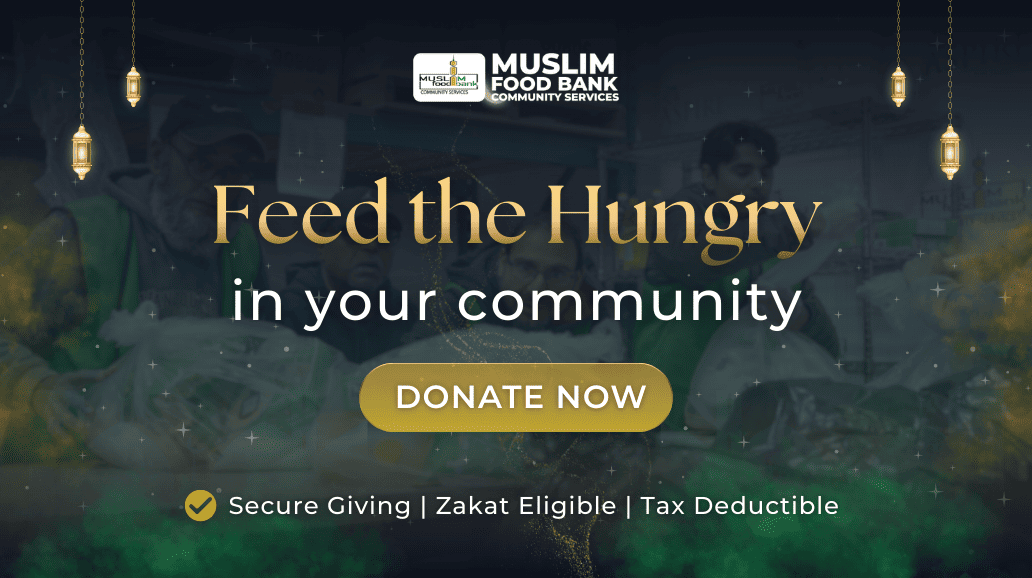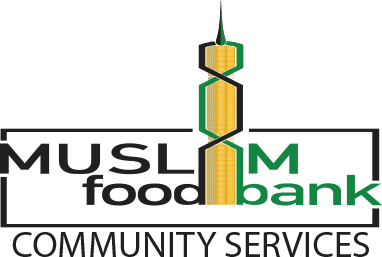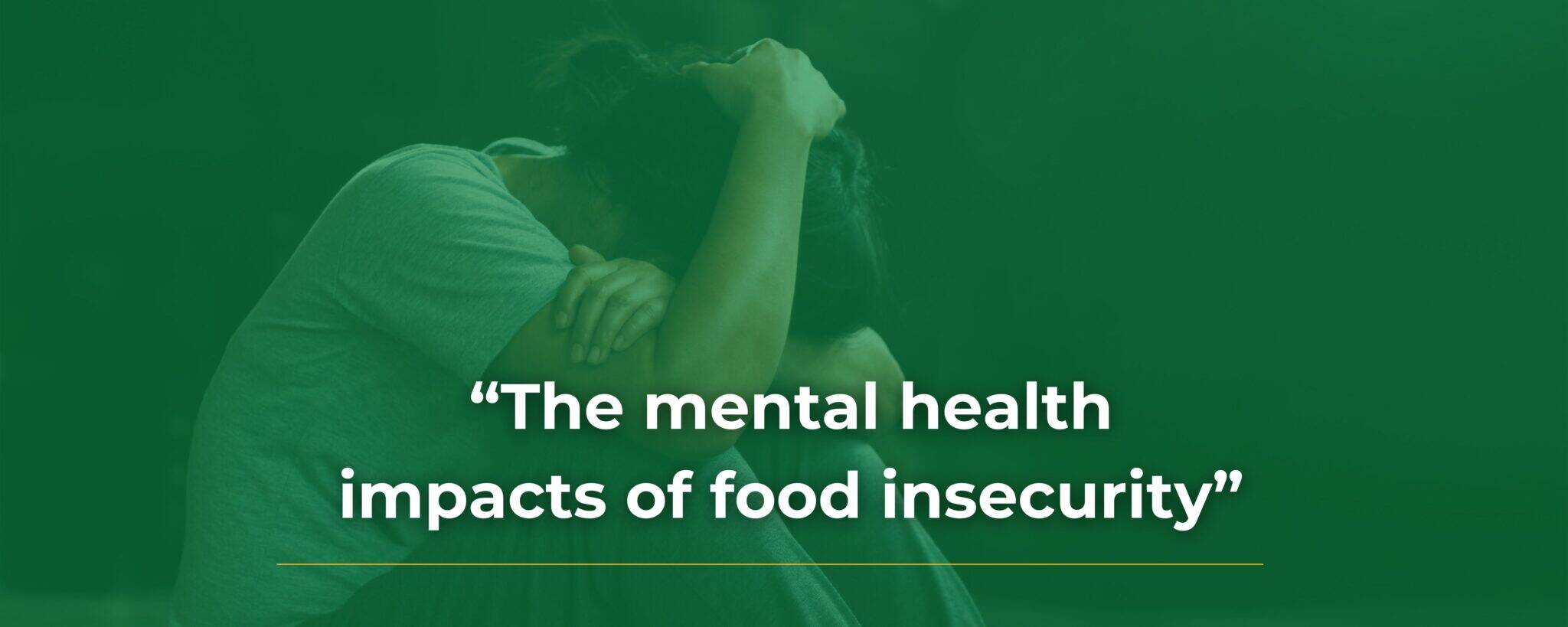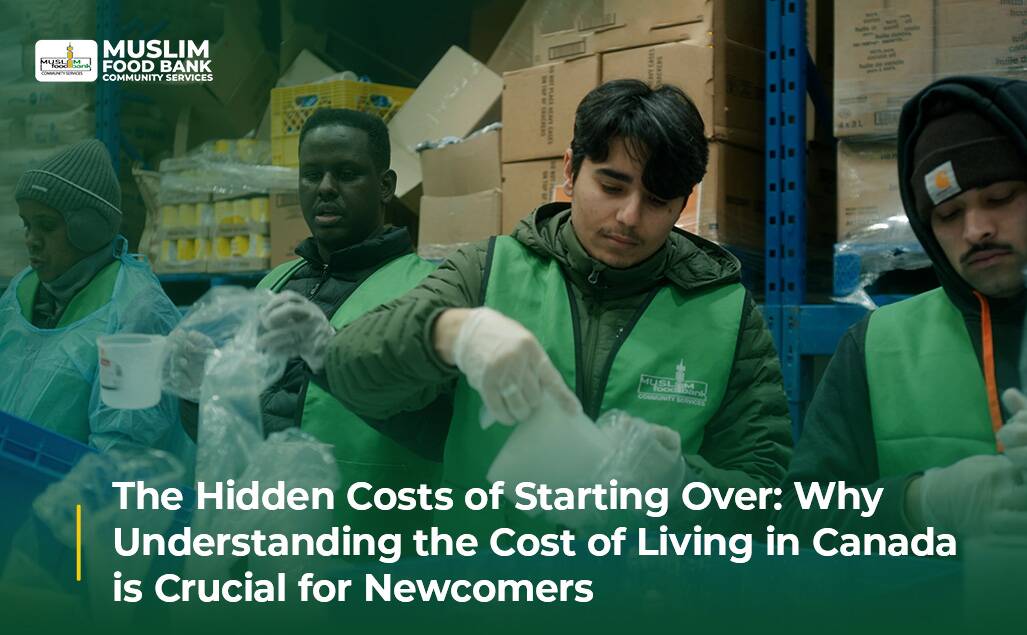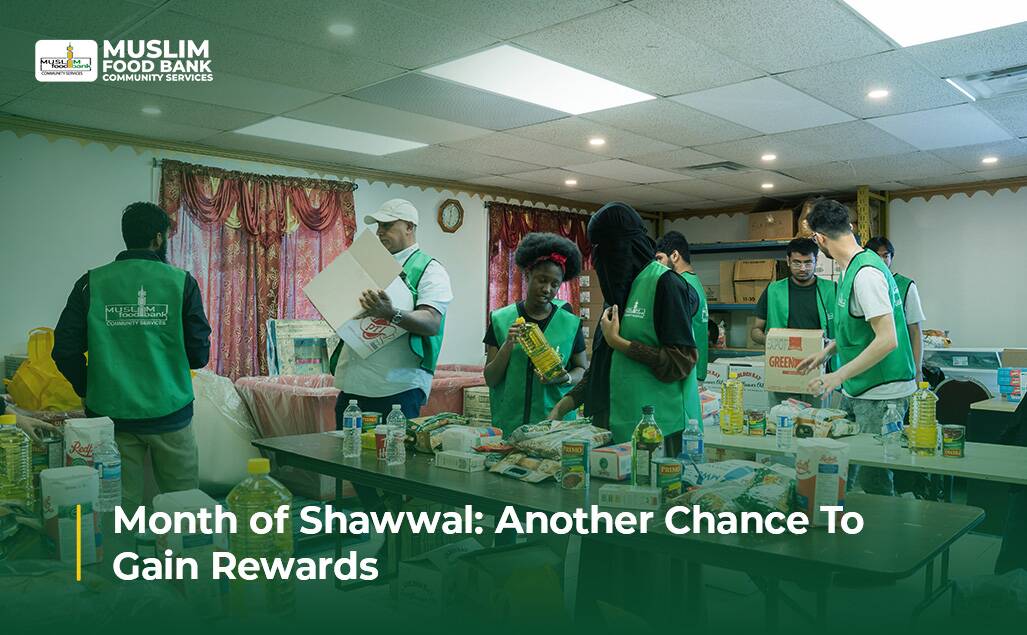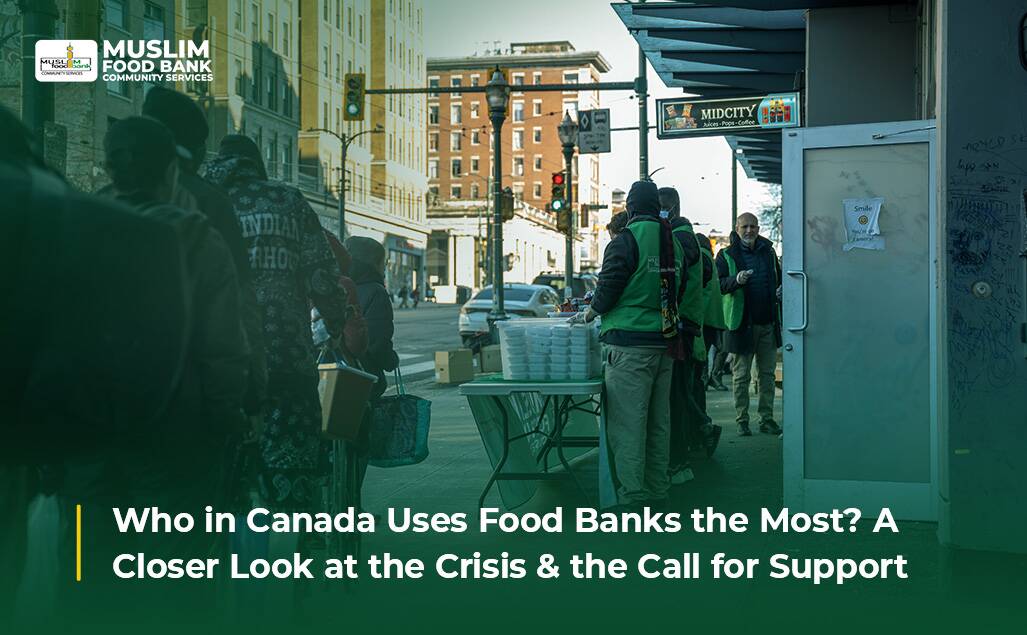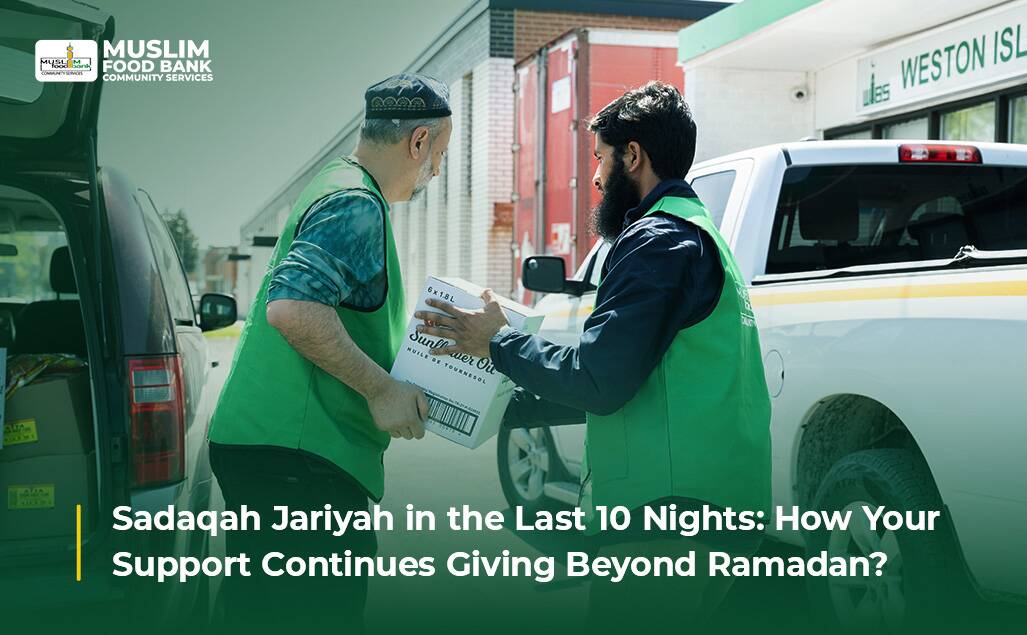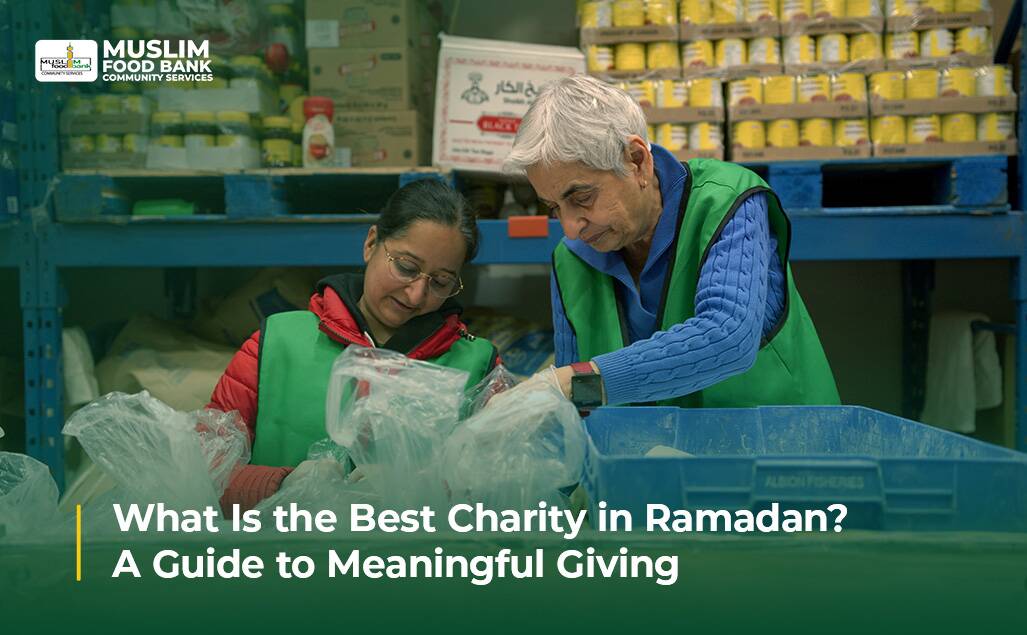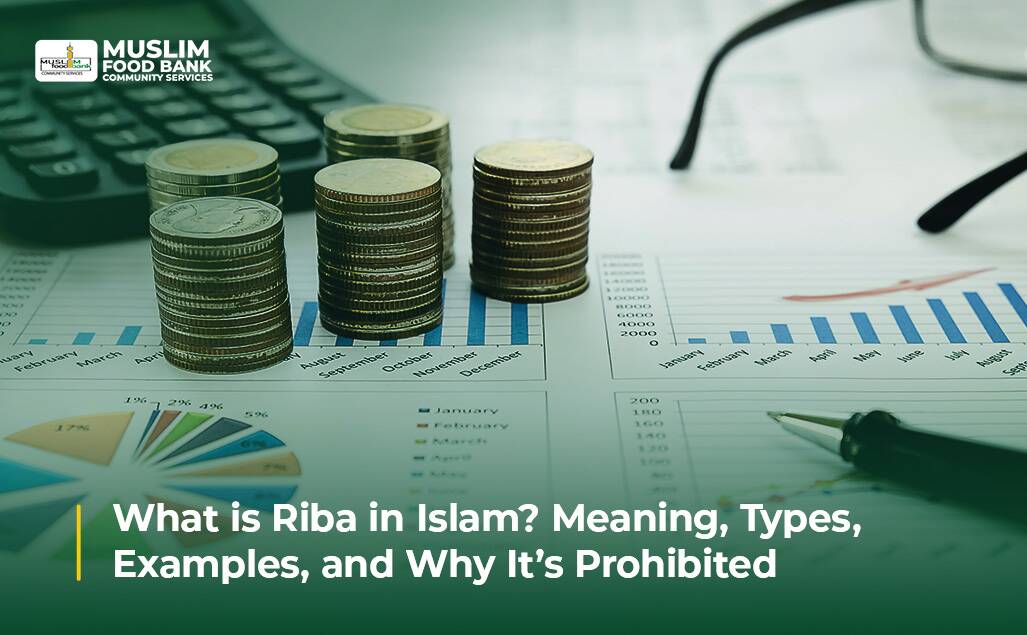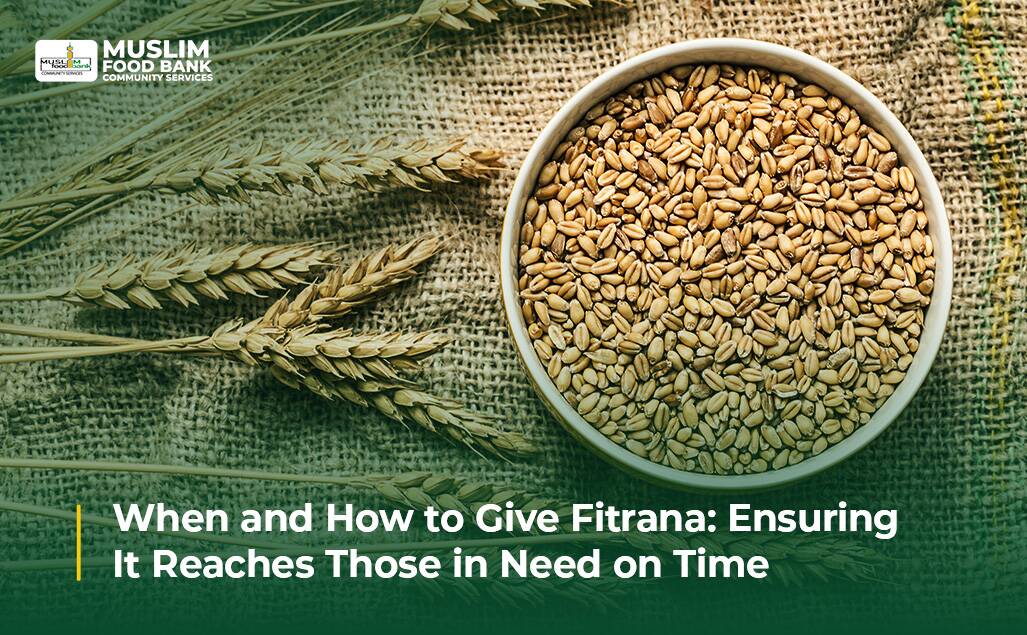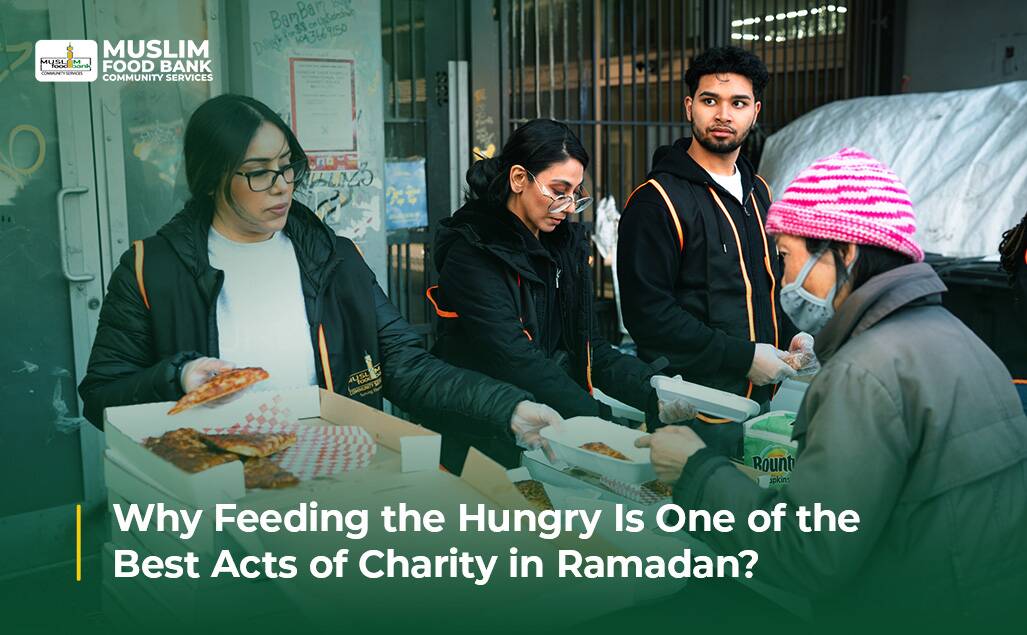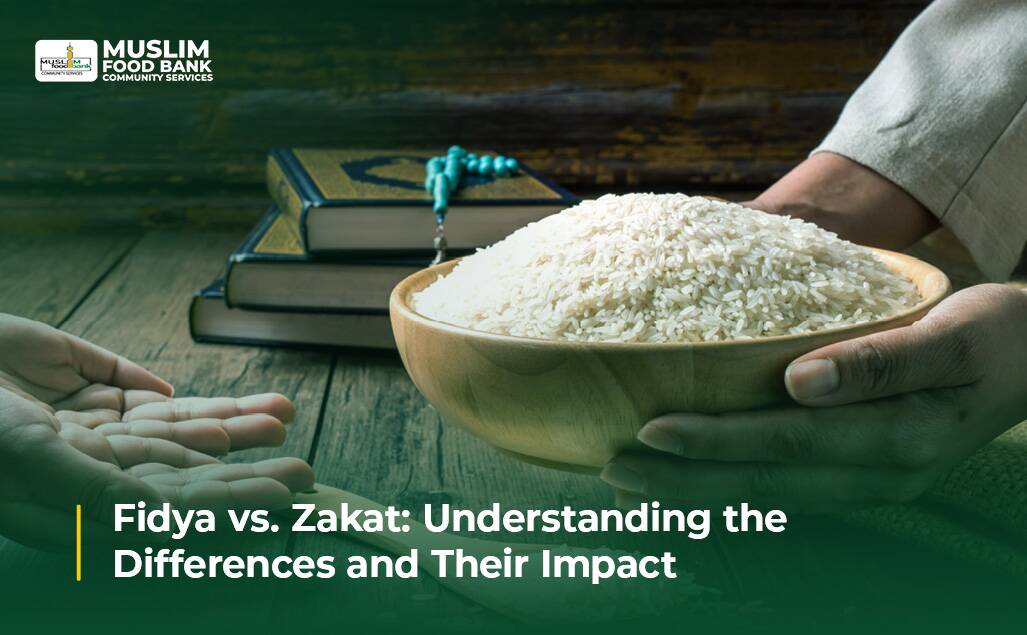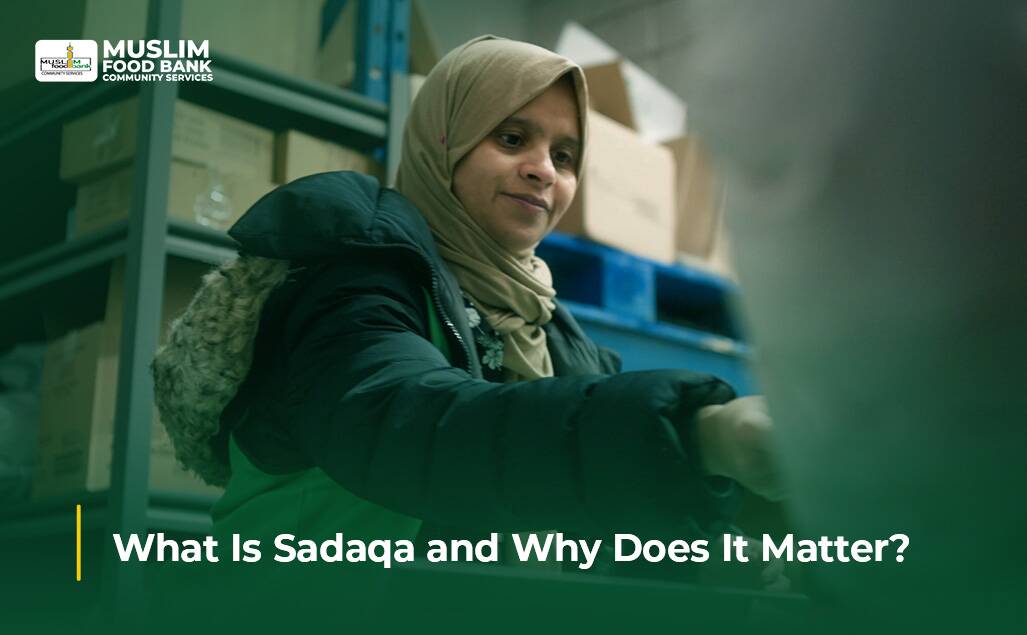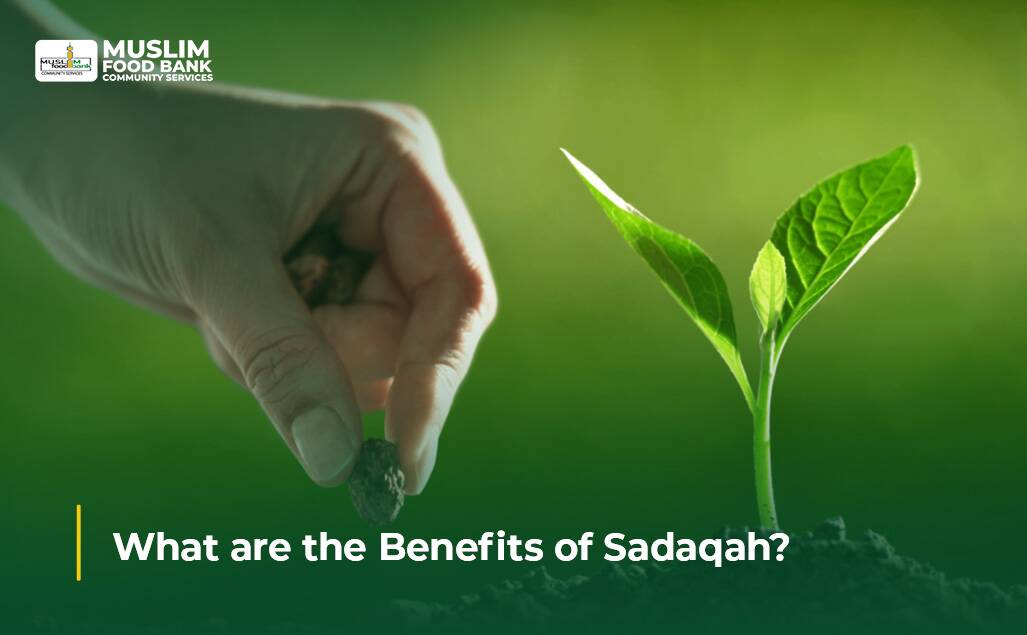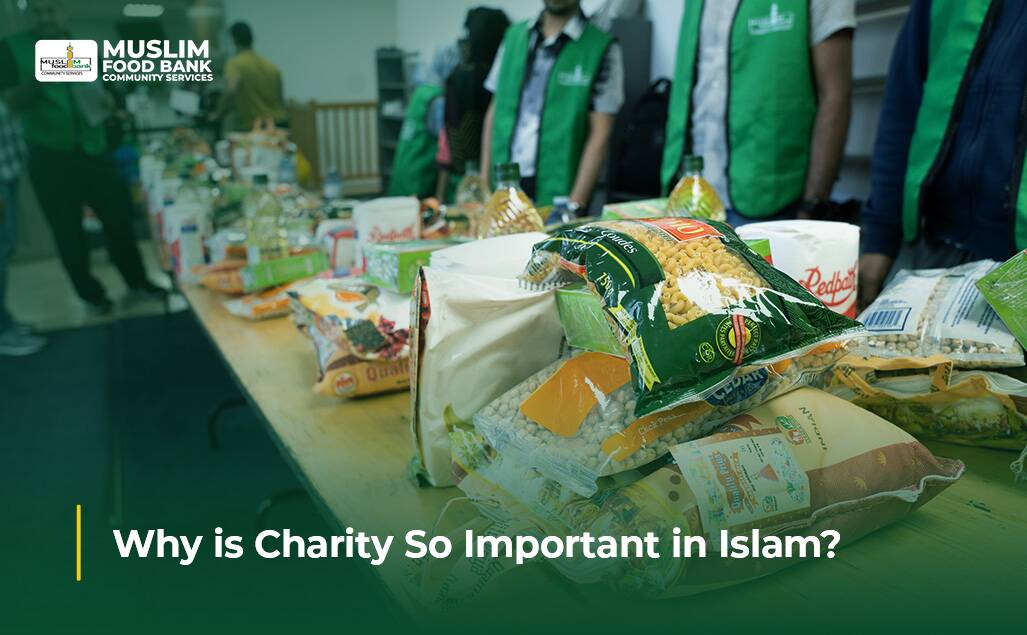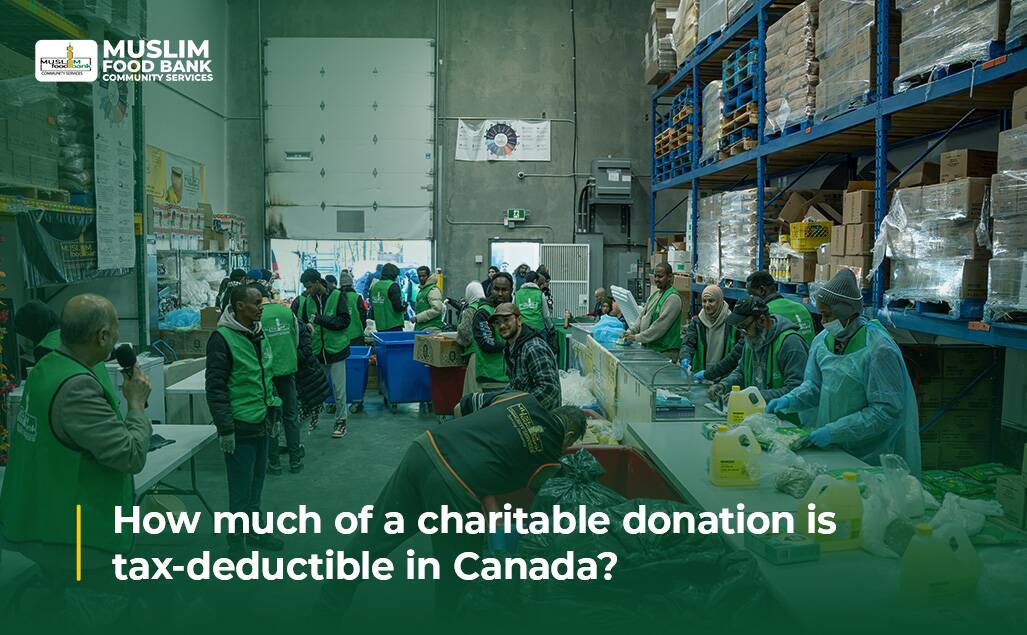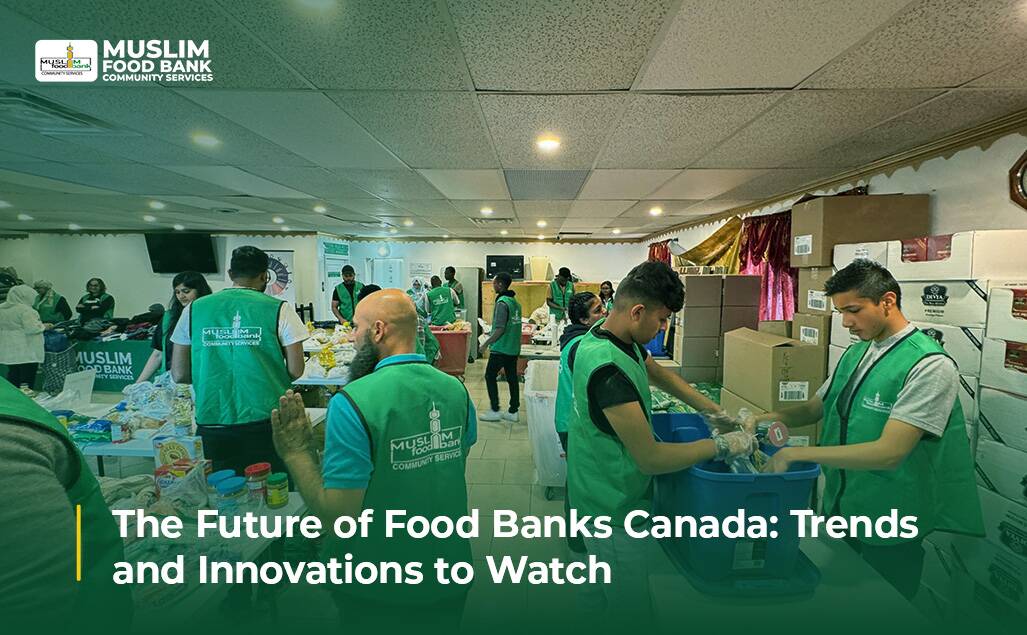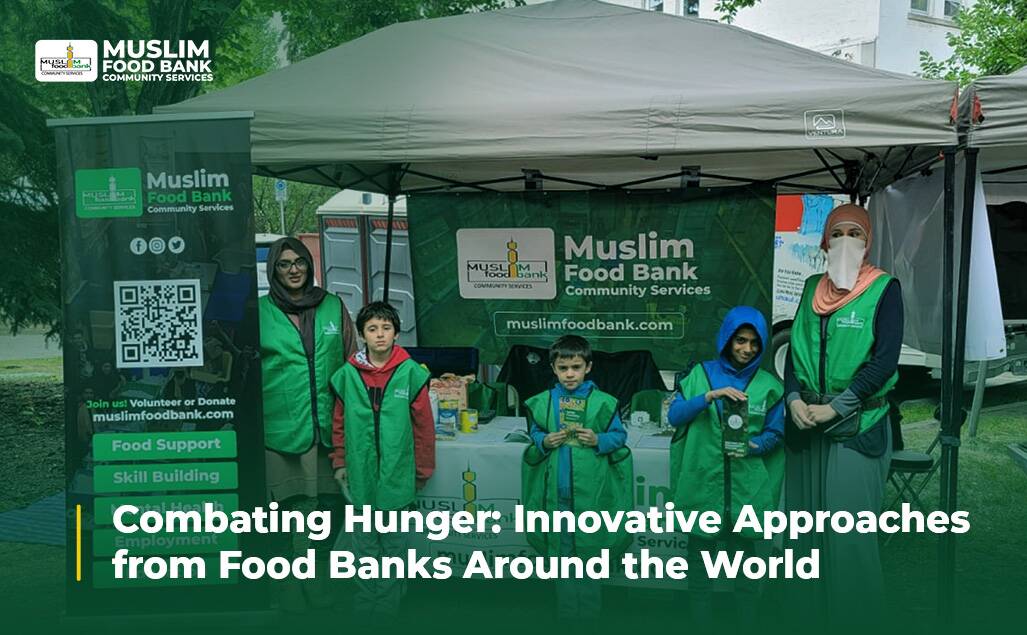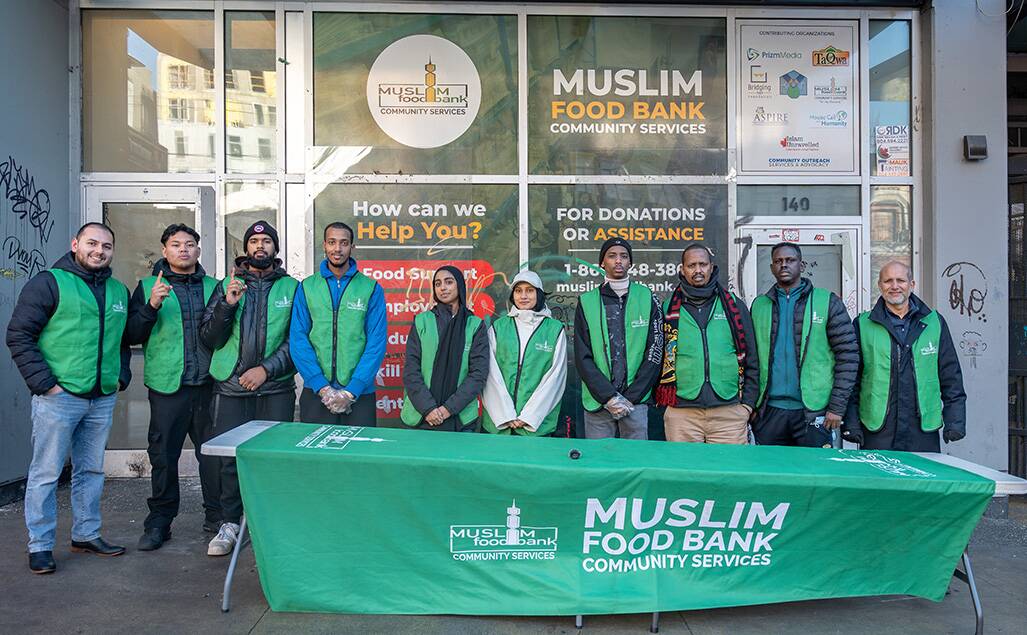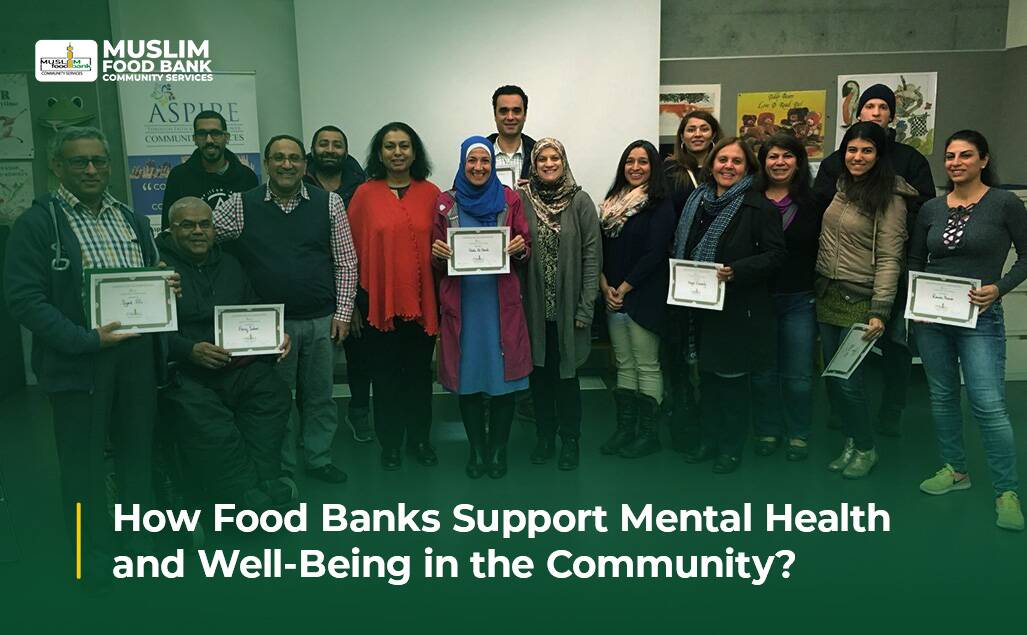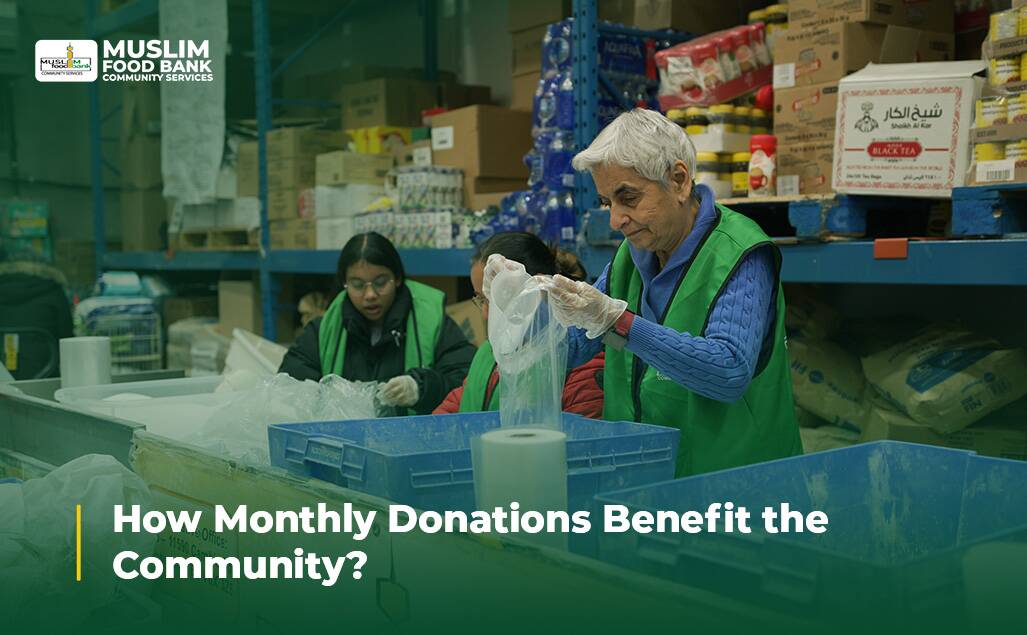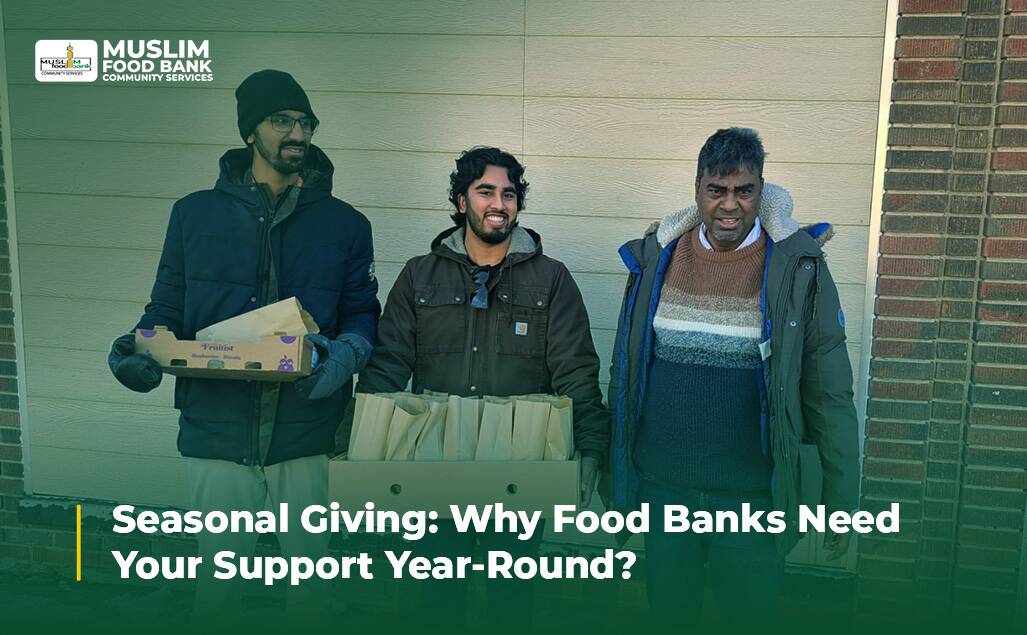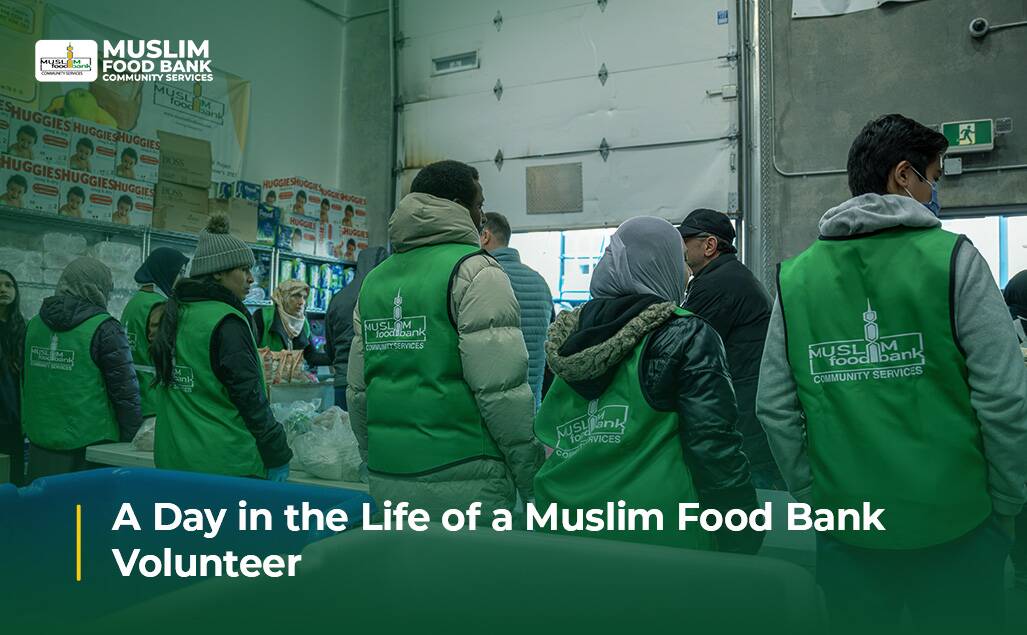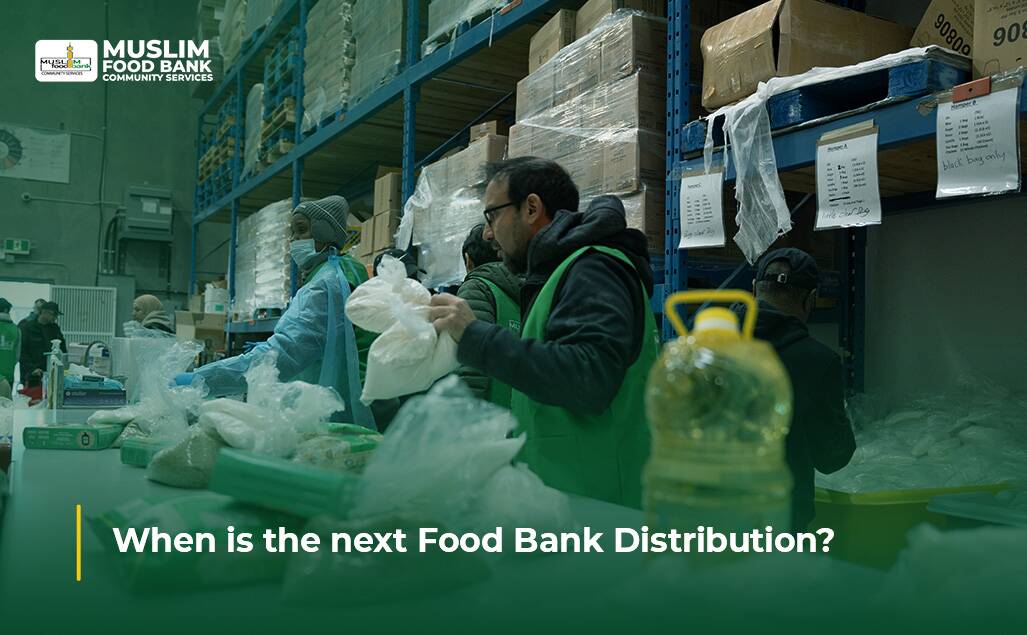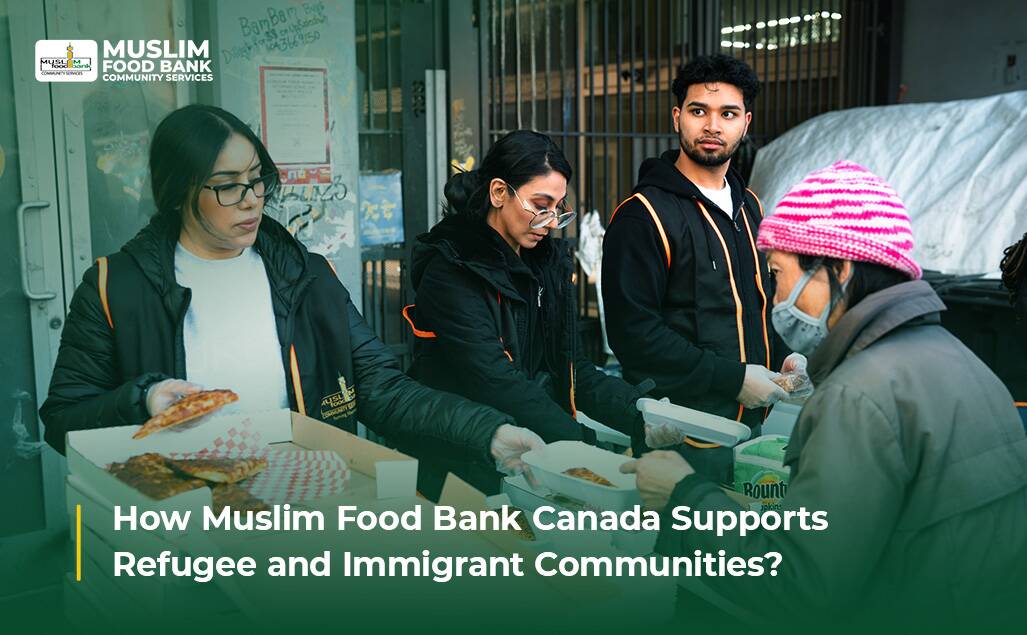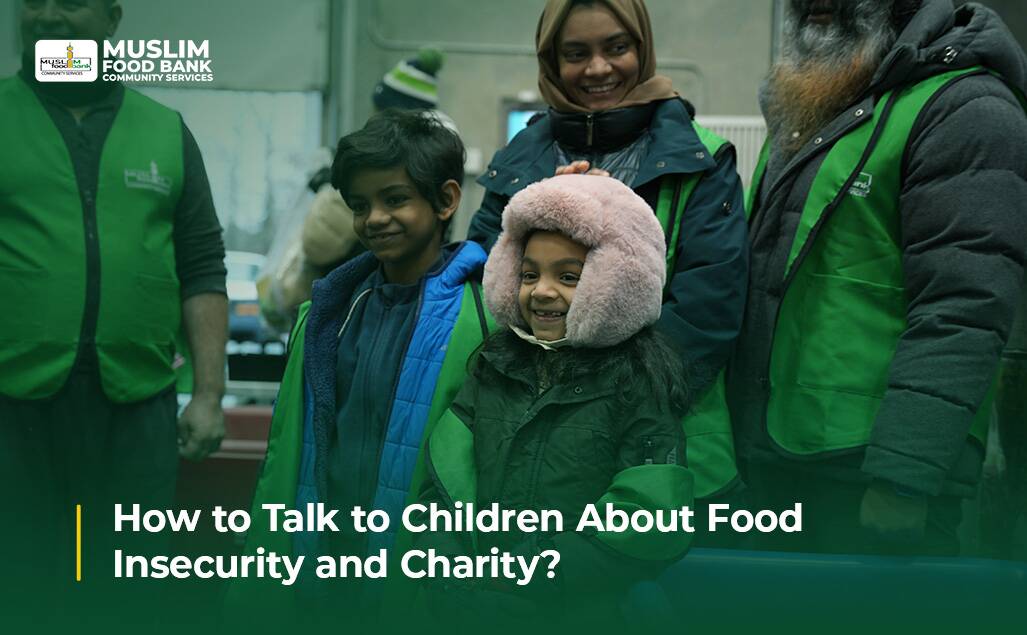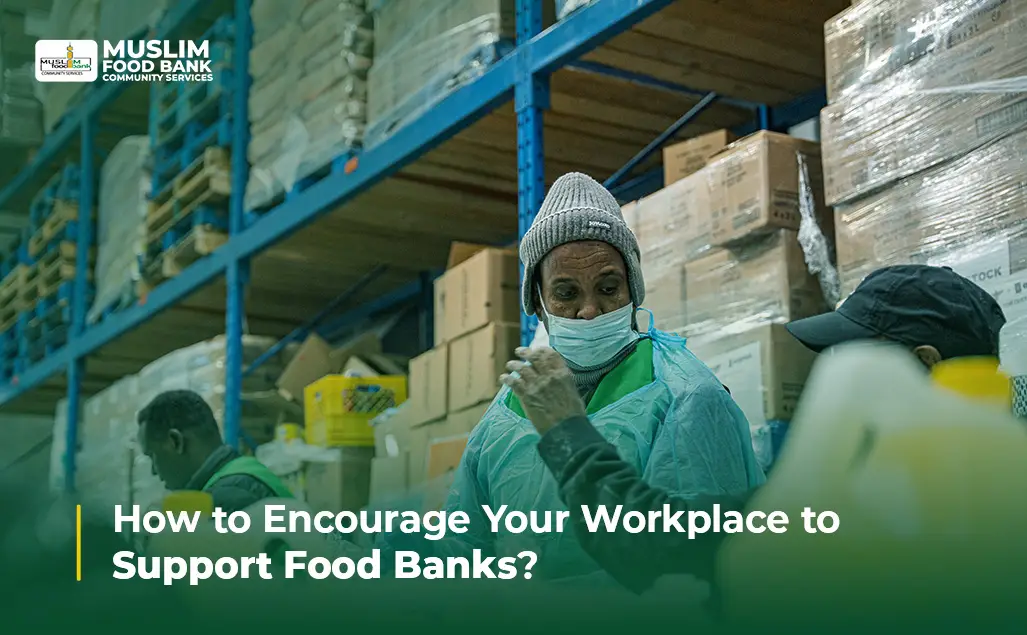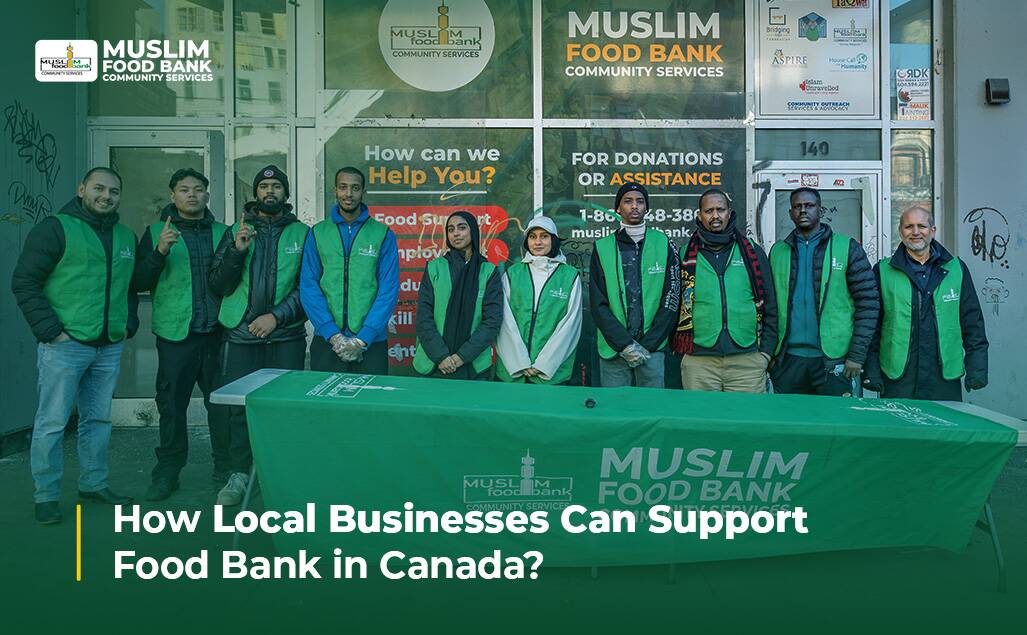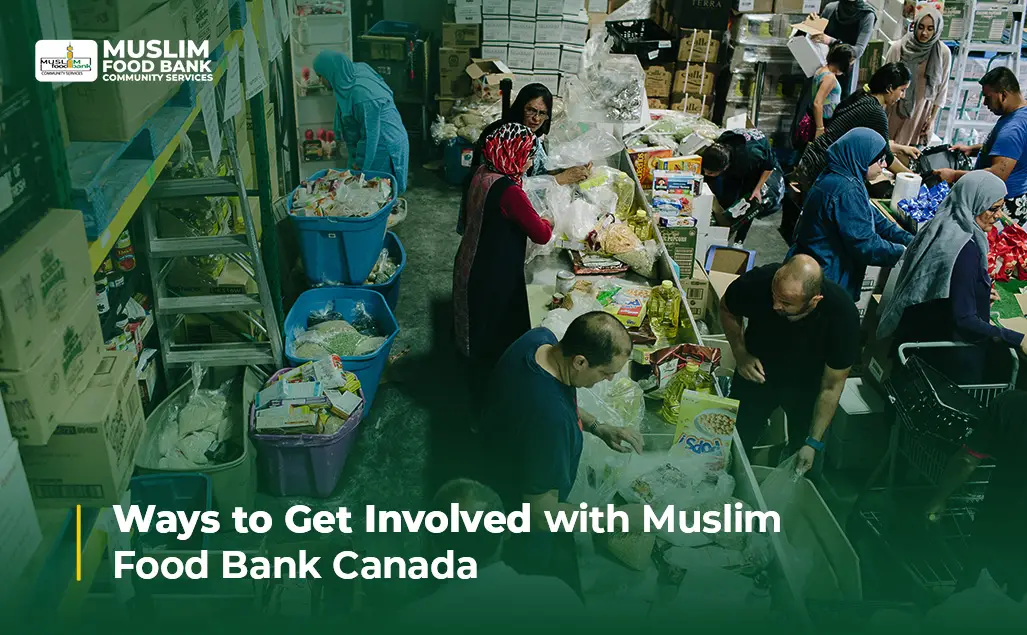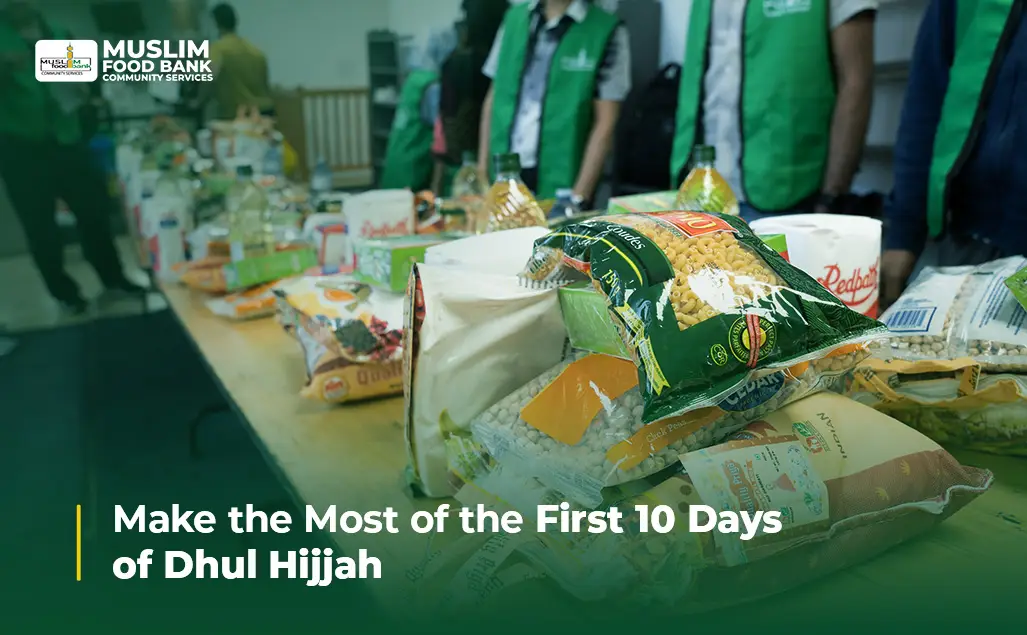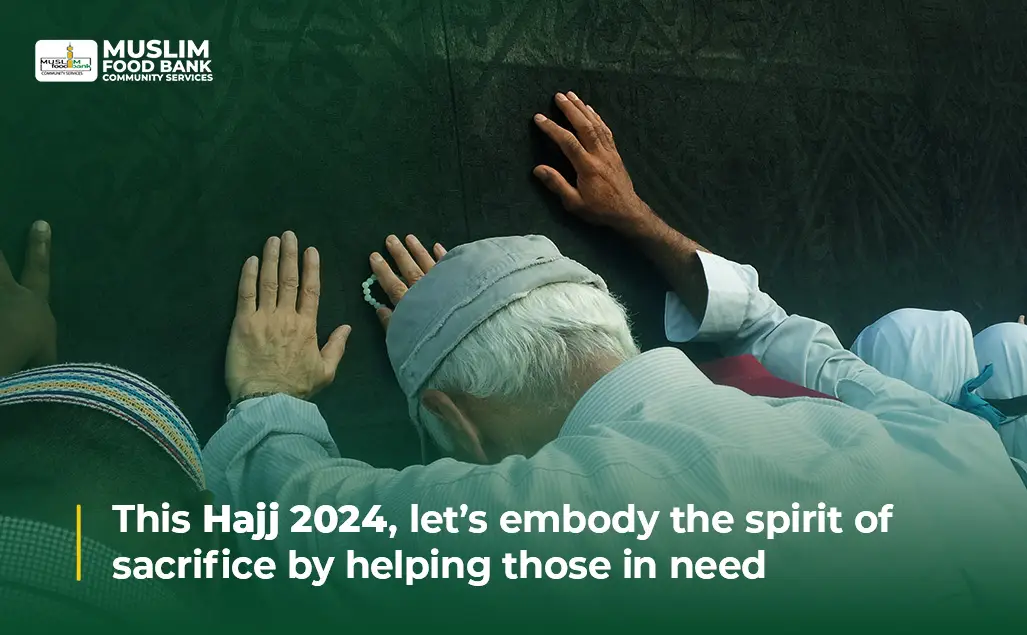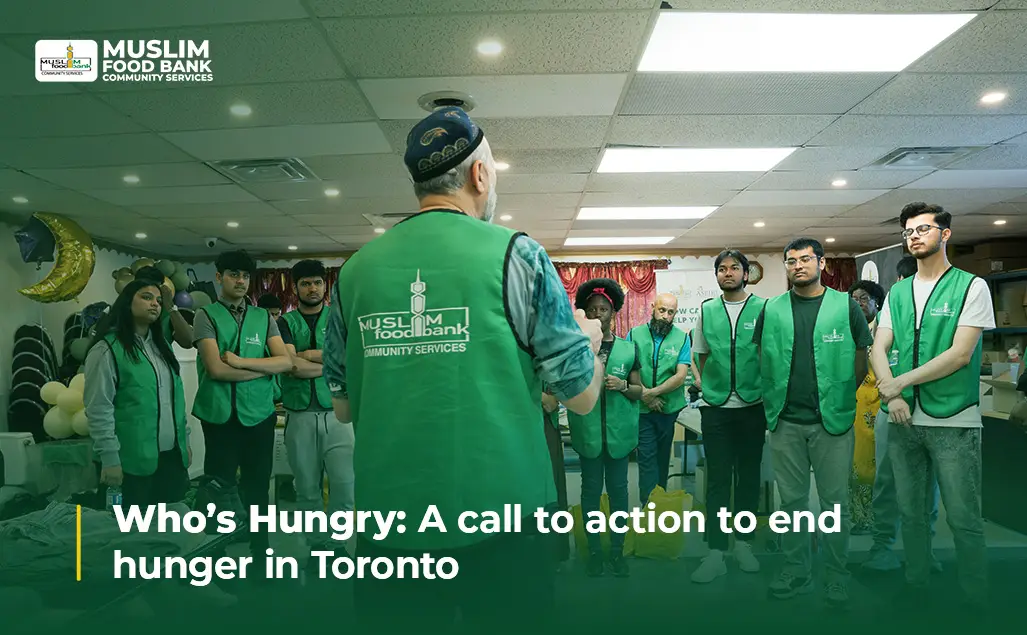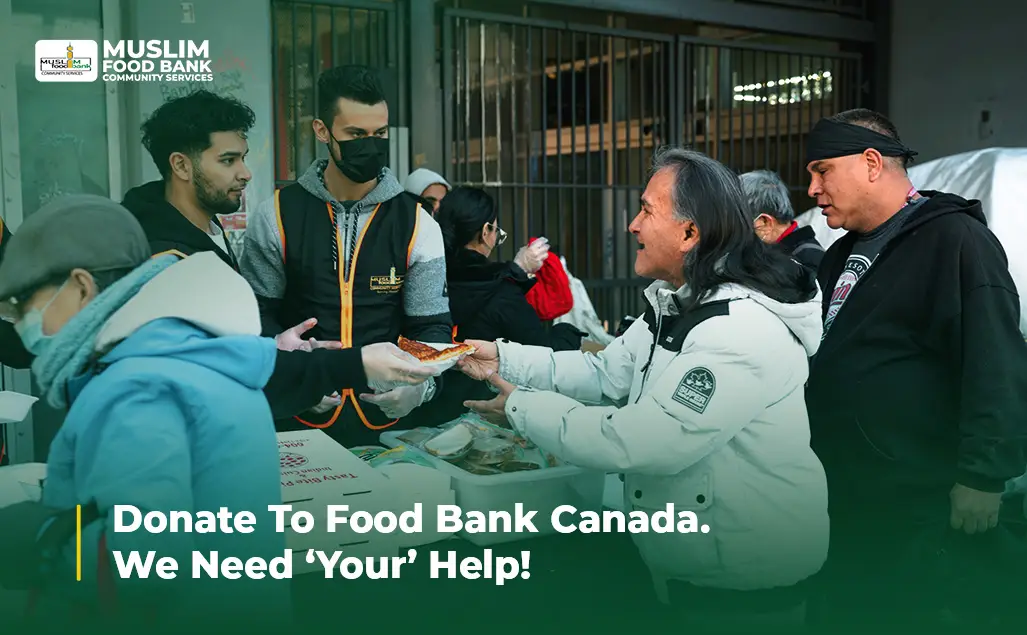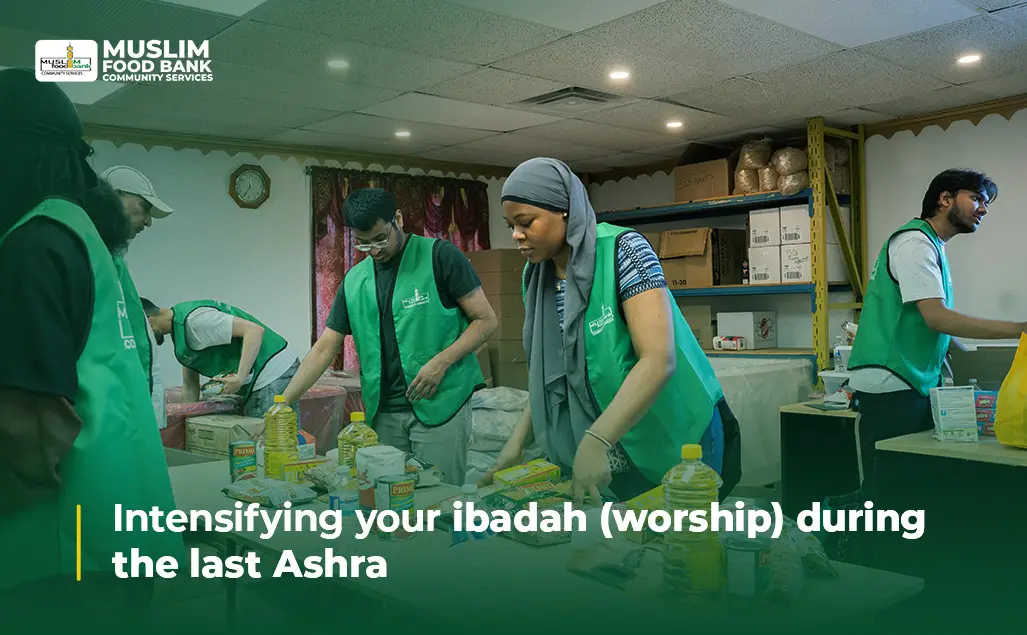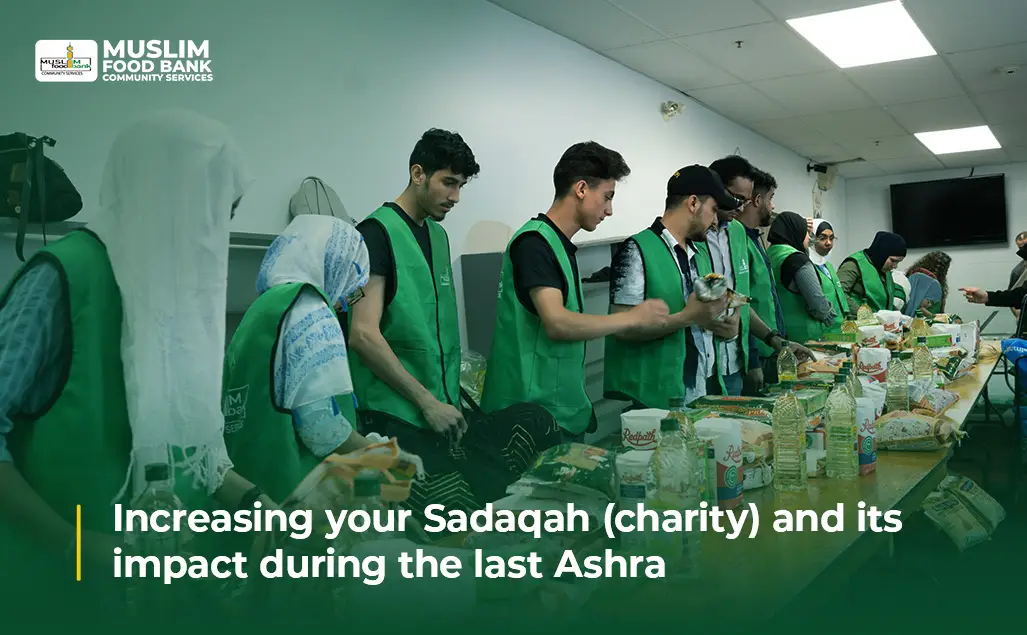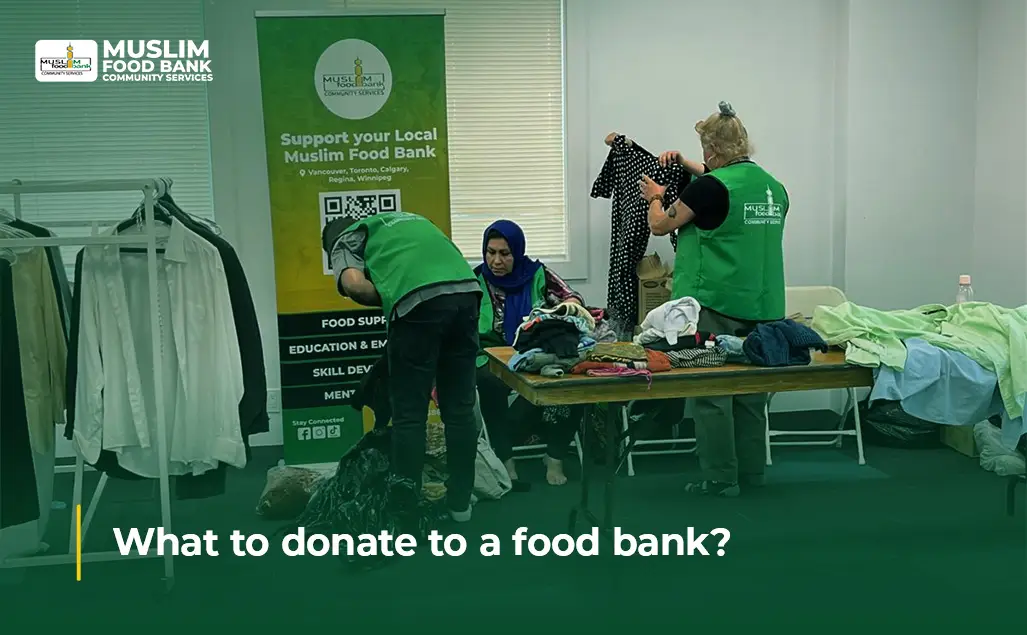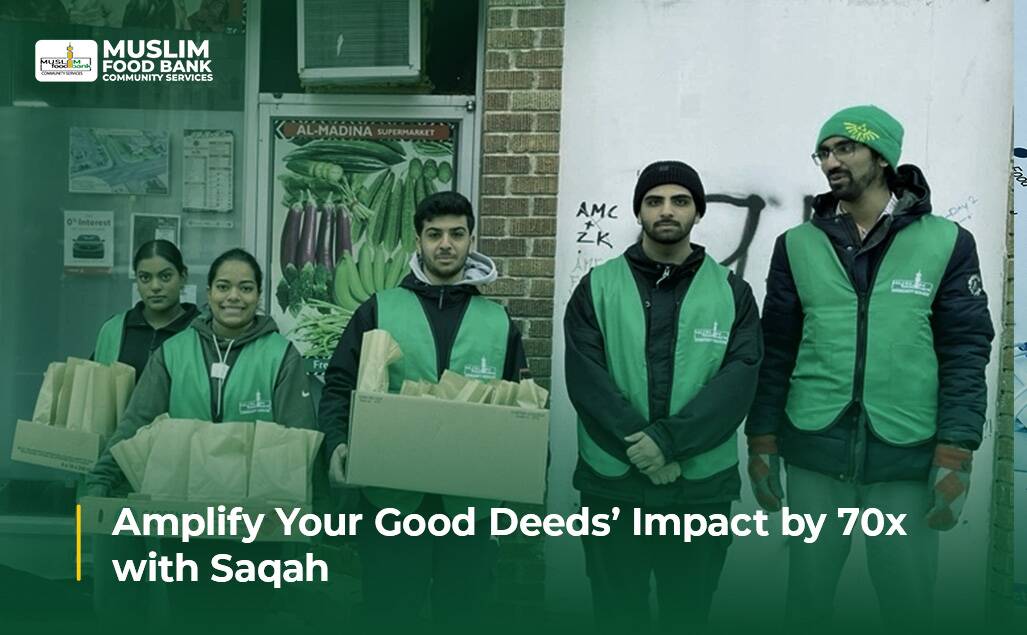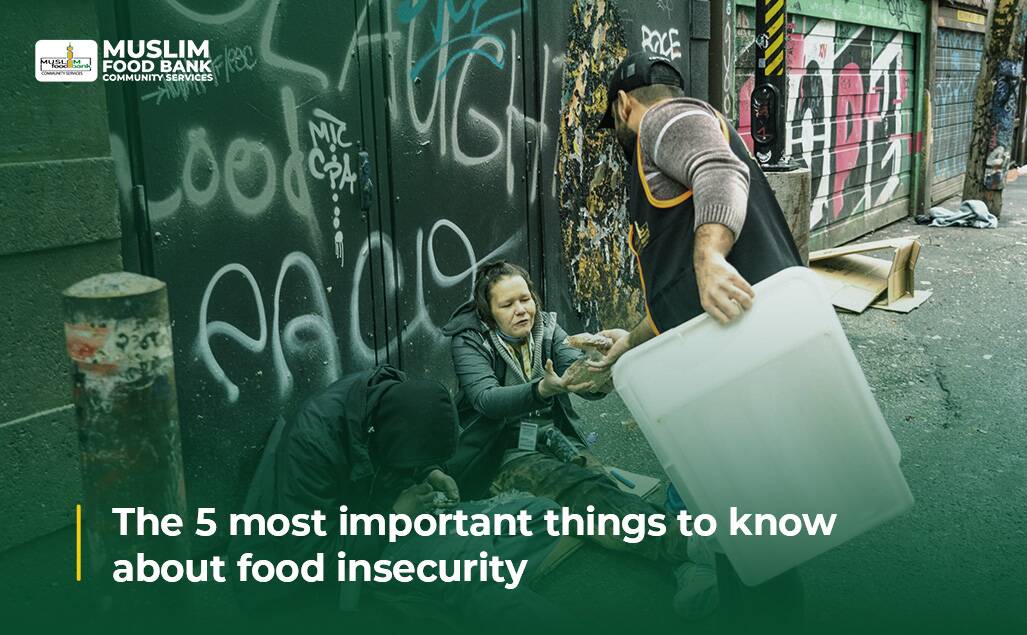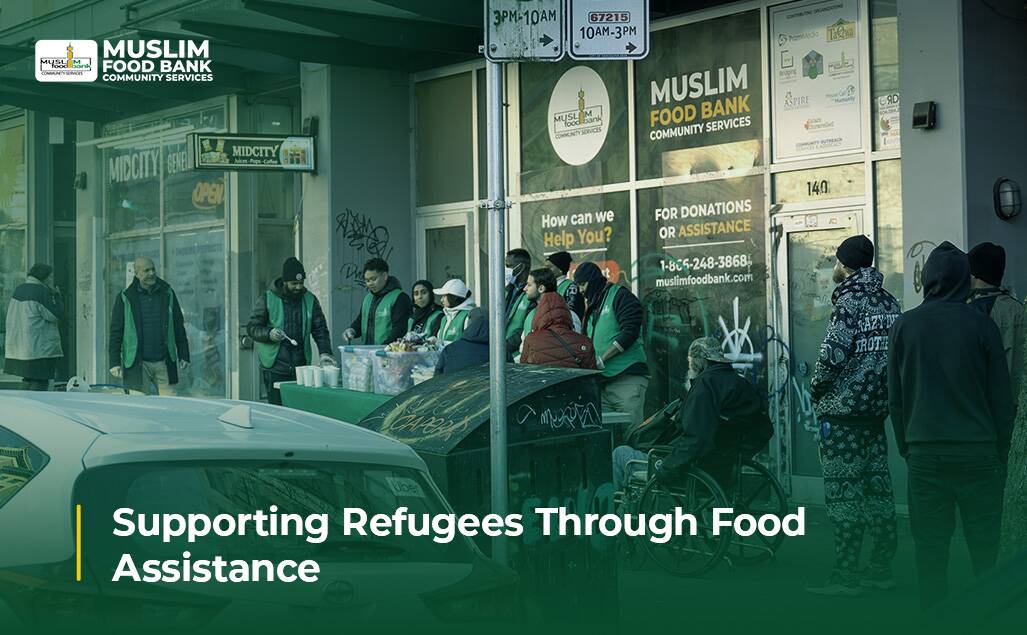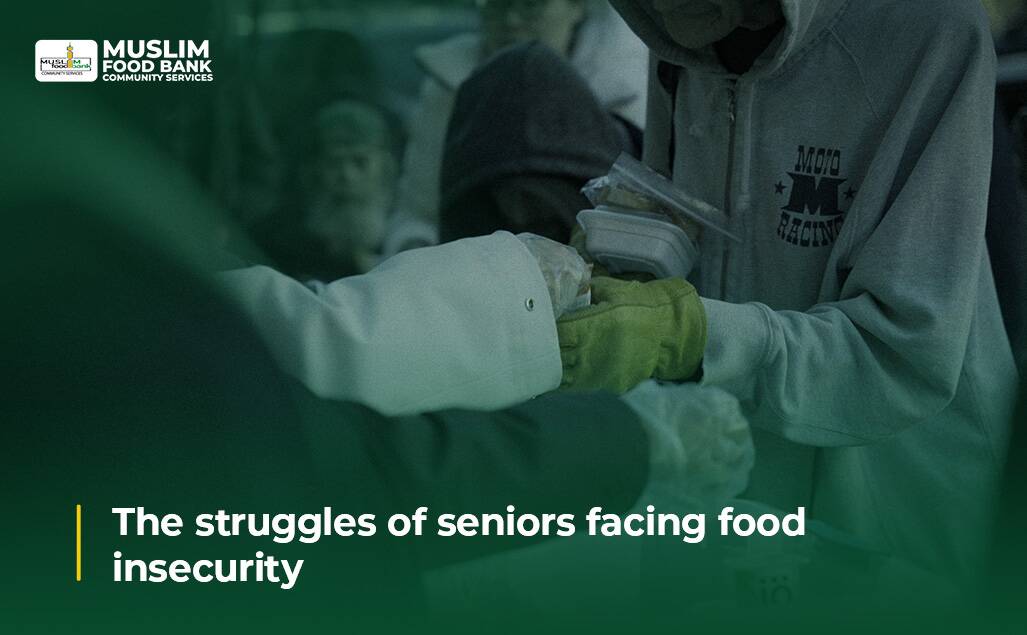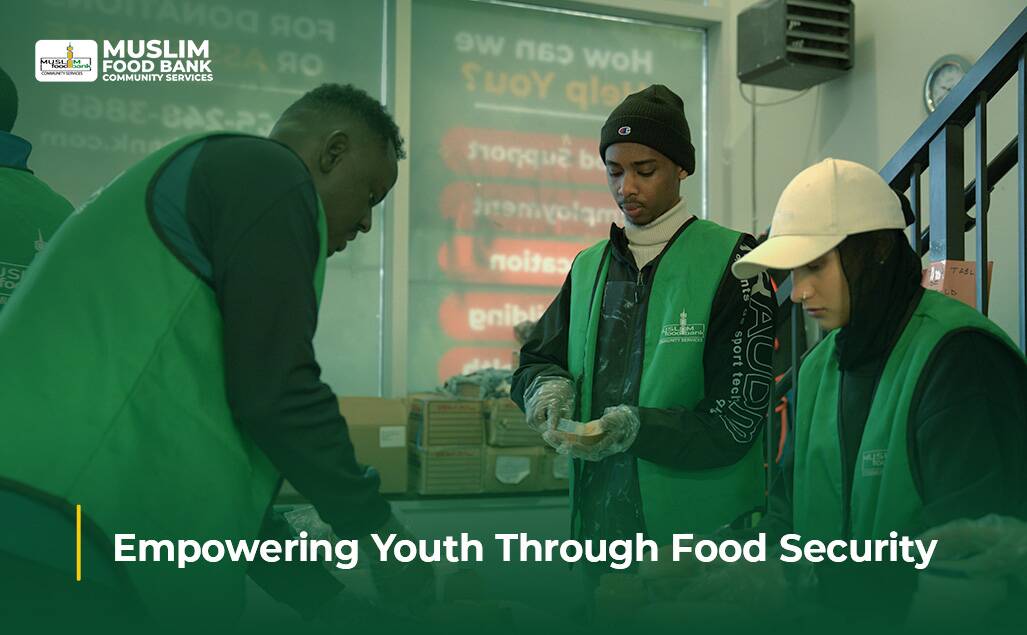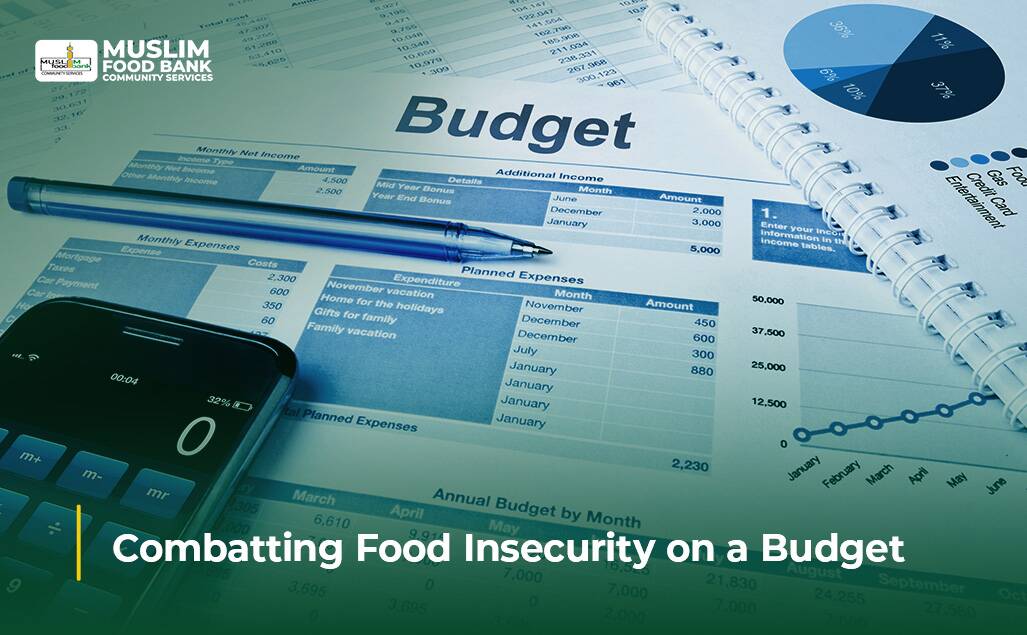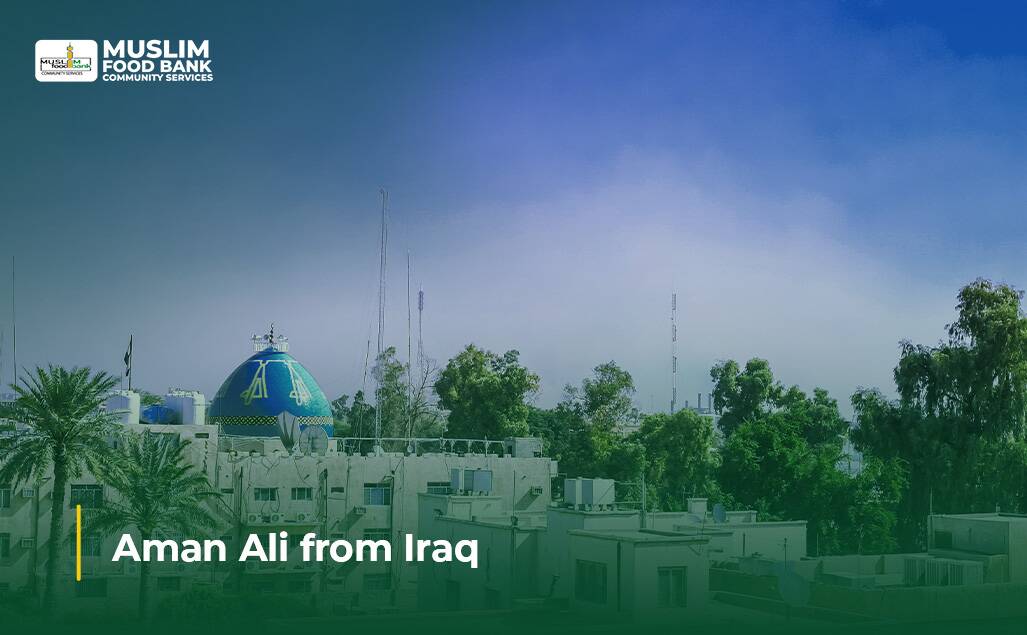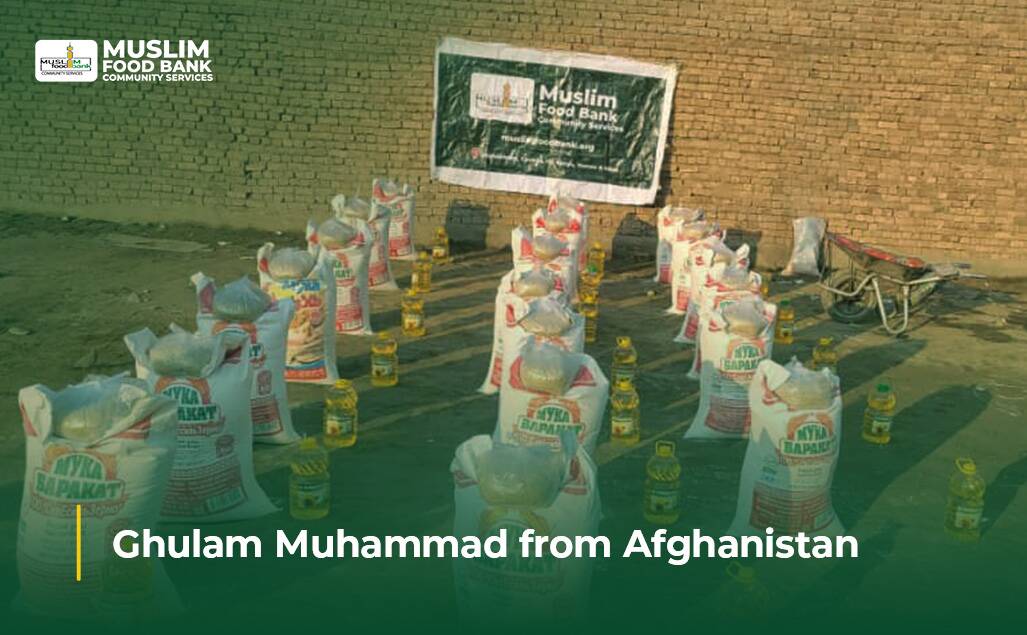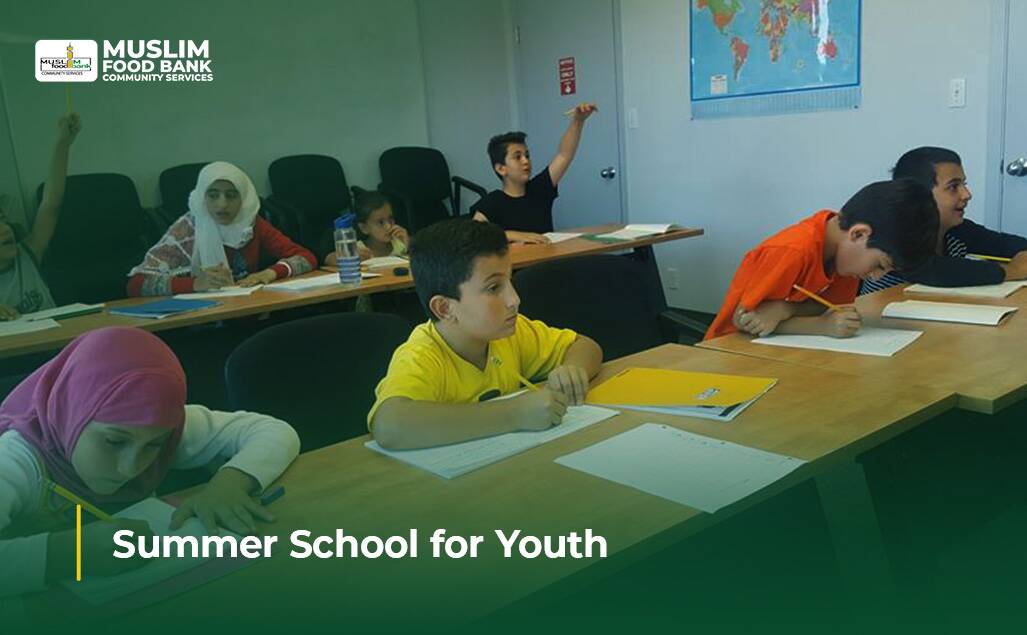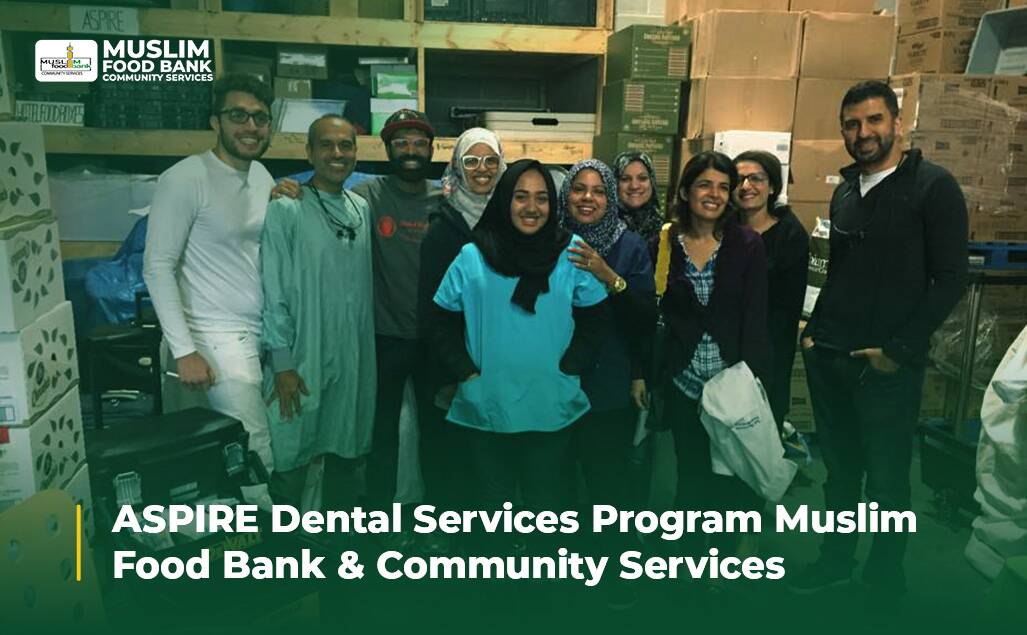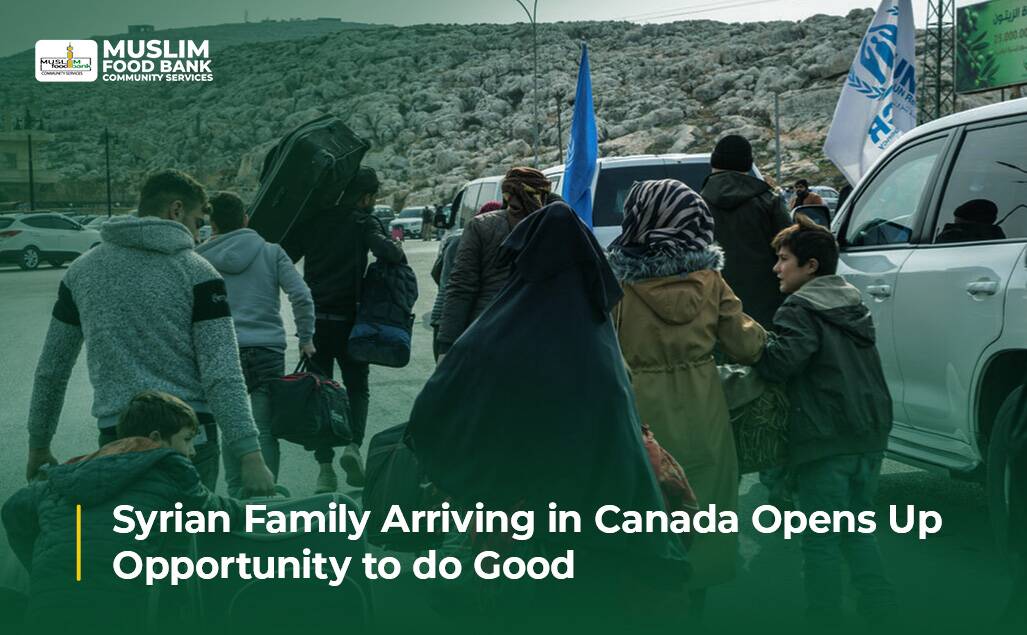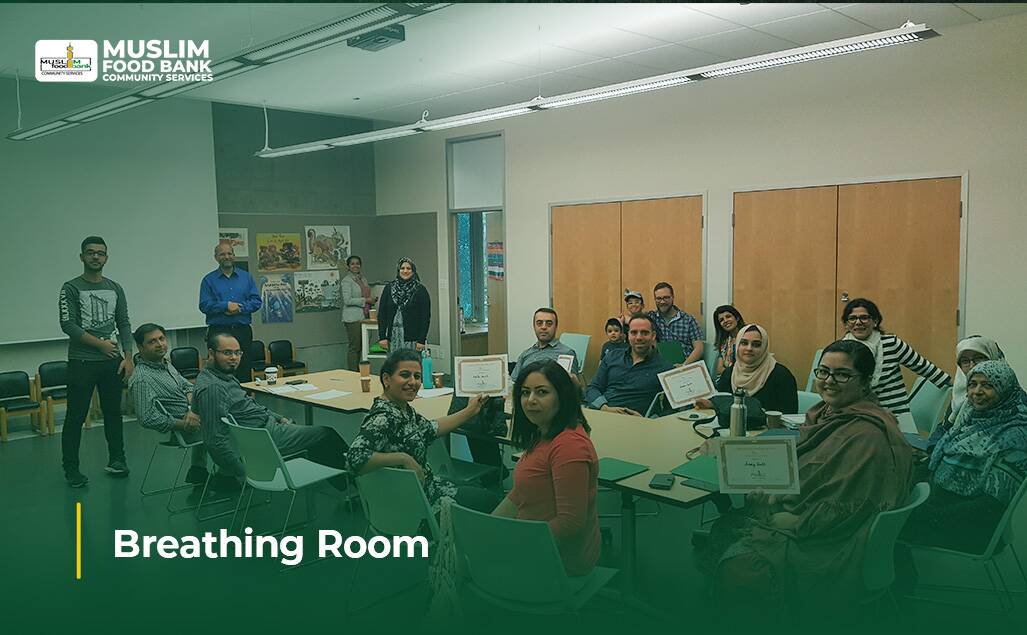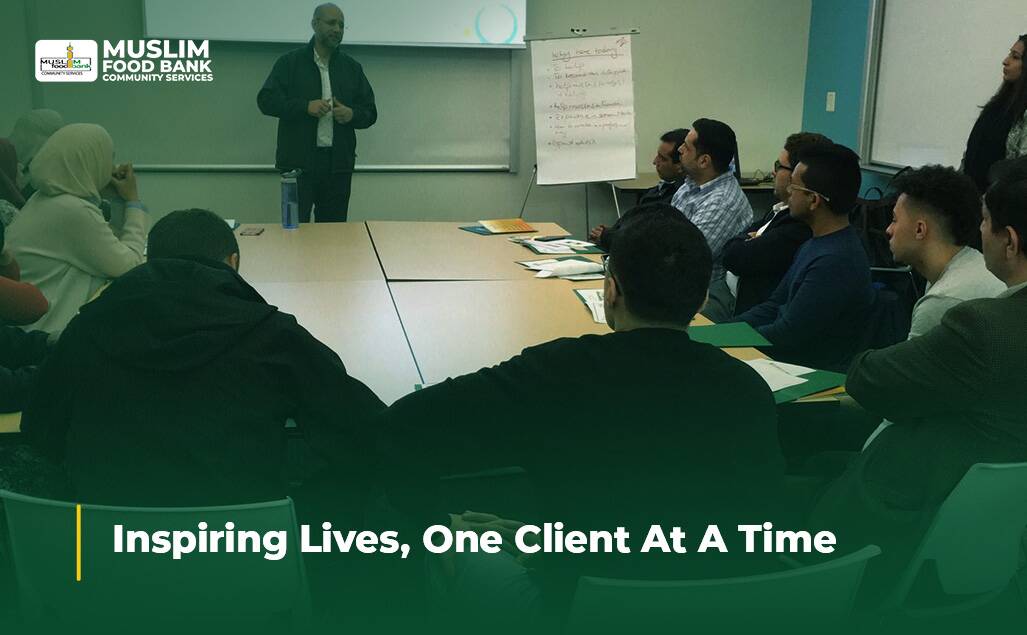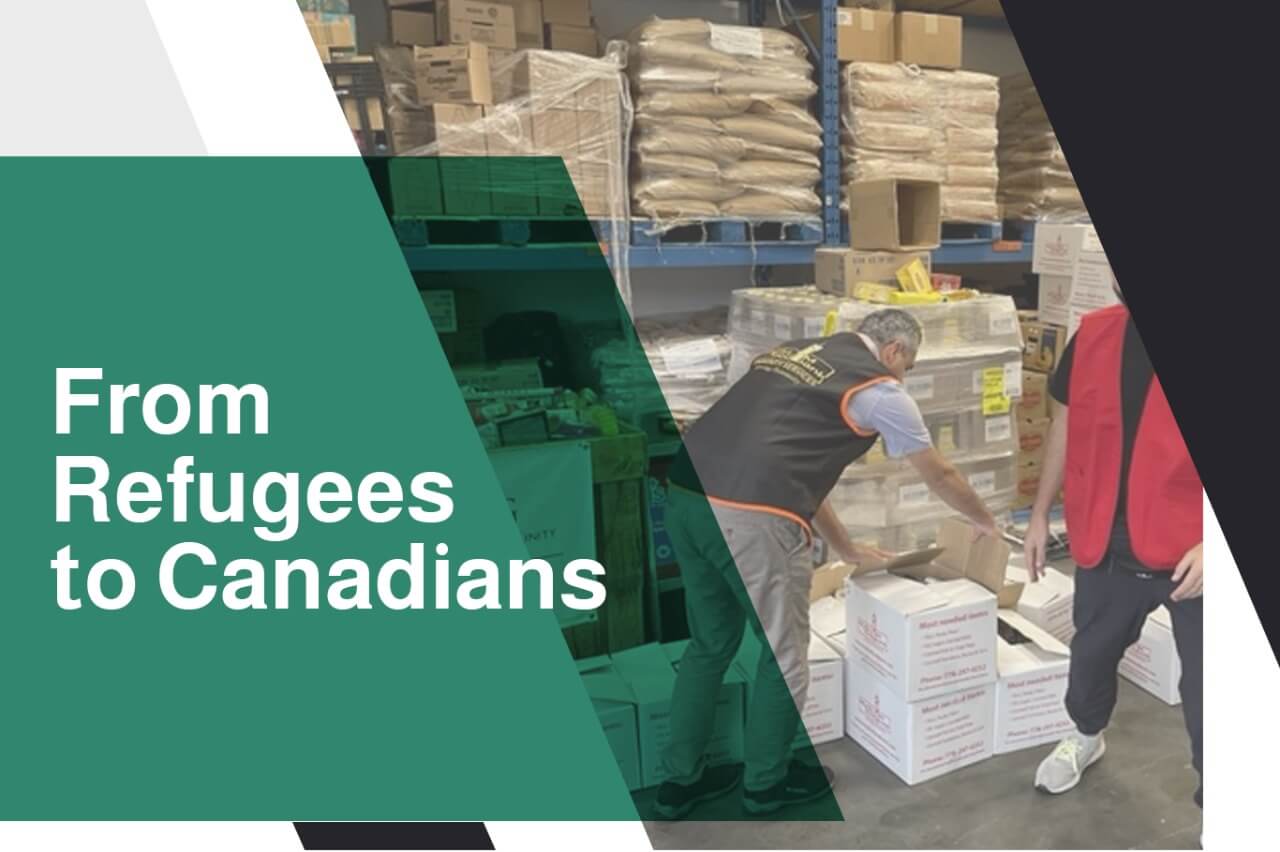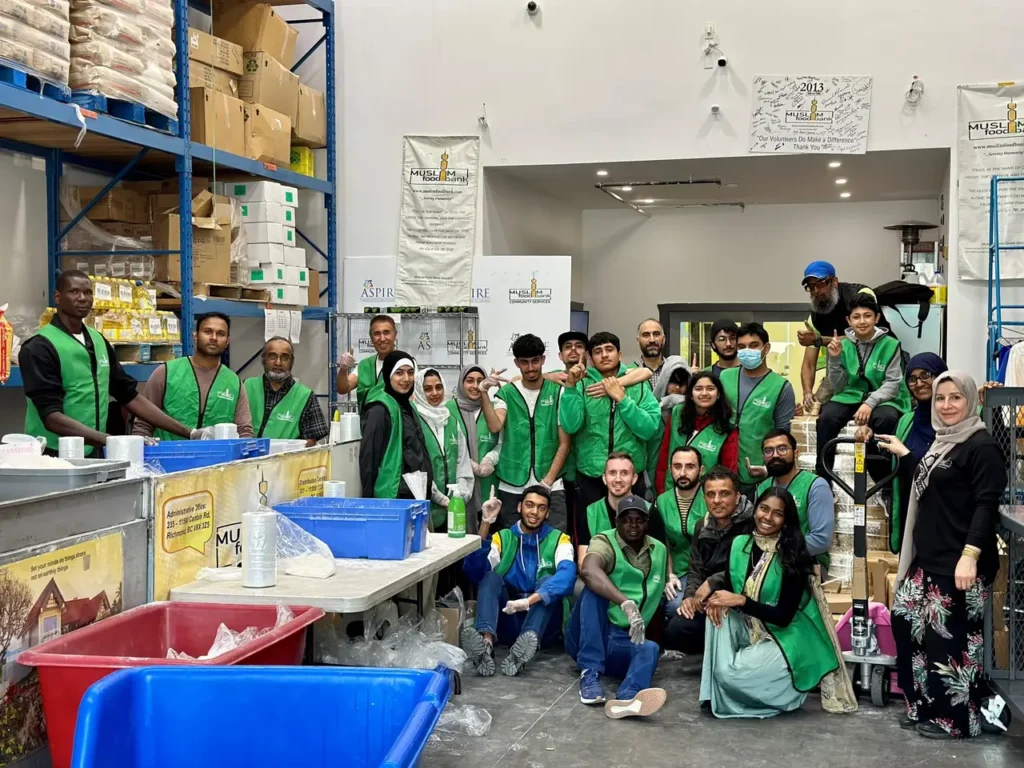Food insecurity, a pressing issue in Vancouver, extends beyond the immediate problem of hunger. While the immediate concern of not having enough to eat is visible, there’s a less obvious but equally troubling issue: the toll food insecurity takes on mental health. This blog post is for those who care deeply—social workers, mental health professionals, and anyone looking to understand and help alleviate the broader challenges of food insecurity. Together, we’ll dive into how this issue affects the community’s well-being, uncover the mental health challenges it creates, explore ways to support those in need, and showcase how getting involved with the Muslim Food Bank Vancouver can create waves of positive change.
Understanding Food Insecurity in Vancouver
Food insecurity refers to the lack of consistent access to enough food for an active, healthy life. In Vancouver, this issue is not just about scarcity but also about the unequal distribution of resources and opportunities. Despite Vancouver’s wealth and resources, a significant portion of the population struggles to put food on the table, leading to a reliance on services like food banks. The Vancouver food bank donations play a crucial role in providing relief, yet the demand often outweighs the supply.
The Mental Health Impacts
The connection between food insecurity and mental health is profound. Living in a state of constant uncertainty about food can lead to stress, anxiety, and depression. Adults and children alike are affected, with the latter experiencing developmental and emotional challenges that can persist throughout life. Food insecurity can also exacerbate existing mental health conditions, creating a cycle that’s hard to break. Recognizing these impacts is crucial for professionals working to support affected individuals.
Pathways Out of Food Insecurity
Addressing food insecurity requires a multifaceted approach. Beyond immediate relief, such as food donation Vancouver efforts, long-term solutions focus on addressing the root causes of poverty and inequality. For social workers and mental health professionals, integrating food security measures into your practice could include:
- Providing resources and information on accessing food banks and assistance programs.
- Advocating for policy changes that address the root causes of food insecurity.
- Offering support and counselling to help individuals cope with the mental health challenges associated with food insecurity.
Supporting the Community Through Muslim Food Bank Vancouver
The Muslim Food Bank Vancouver is at the forefront of tackling food insecurity and its mental health impacts. Through their Aspire Counselling program, they offer specialized Muslim counselling, recognizing the unique needs of the community they serve. This holistic approach supports not just the physical, but also the emotional and spiritual well-being of individuals.
You can contribute to this vital cause by donating or volunteering. Every food bank donation Vancouver residents make supports the Muslim Food Bank in its mission to alleviate food insecurity. To learn more about how you can help, visit Muslim Food Bank Vancouver. Your support can provide both immediate relief and contribute to longer-term solutions, impacting lives profoundly.
Conclusion
Food insecurity in Vancouver is a complex issue with deep mental health implications. By understanding these challenges and supporting organizations like the Muslim Food Bank Vancouver, we can make a difference. Whether you’re a social worker, mental health professional, or a concerned citizen, your actions—be it through counselling, advocacy, or donations—play a crucial role in addressing this issue. Together, we can work towards a future where food insecurity and its mental health impacts are a thing of the past.
